Optimal Timing for Concrete Repairs
Concrete repairs are most effective when performed during specific weather conditions that allow for proper curing and adhesion. Ideal temperatures range from 50°F to 85°F, with low humidity and minimal precipitation. Performing repairs in these conditions ensures longevity and structural integrity.
These seasons typically offer moderate temperatures and lower humidity, making them optimal for concrete repairs.
Refrain from scheduling repairs during freezing temperatures or during hot, dry periods to prevent cracking and improper curing.
Checking weather conditions prior to repair work helps ensure optimal results and reduces the risk of damage due to unexpected weather changes.
Planning major repairs during seasons with stable weather minimizes delays and ensures proper curing times.
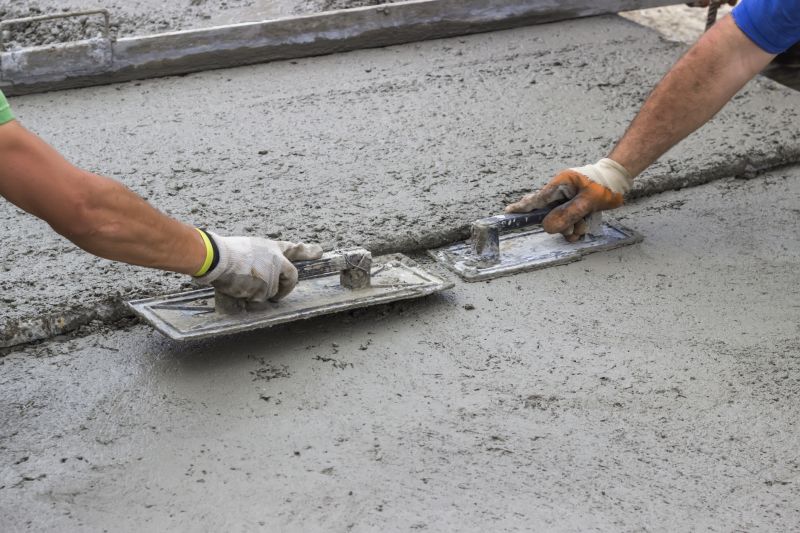
Ways to make Concrete Repairs work in tight or awkward layouts.
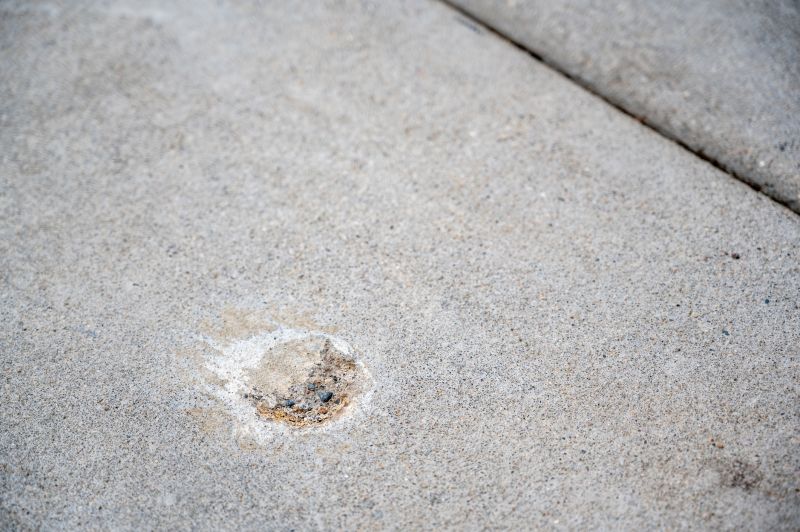
Popular materials for Concrete Repairs and why they hold up over time.
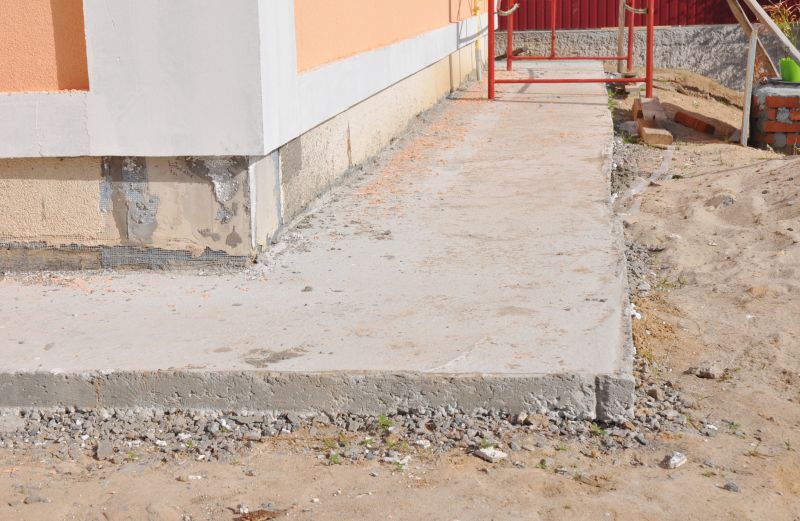
Simple add-ons that improve Concrete Repairs without blowing the budget.

High-end options that actually feel worth it for Concrete Repairs.
| Season | Ideal Conditions |
|---|---|
| Spring | Temperatures between 50°F and 70°F, low humidity, minimal rain |
| Summer | Warm temperatures, dry conditions, avoid extreme heat |
| Fall | Moderate temperatures, low humidity, stable weather |
| Winter | Mild temperatures above freezing, avoid freezing conditions |
Concrete repairs are essential for maintaining the durability and safety of structures. Proper timing ensures that repairs bond correctly and cure thoroughly, preventing future damage. Weather conditions play a crucial role in the success of repair projects, with ideal periods offering stable temperatures and low moisture levels. In regions like Fairhope, AL, understanding seasonal patterns helps in planning effective repair schedules.
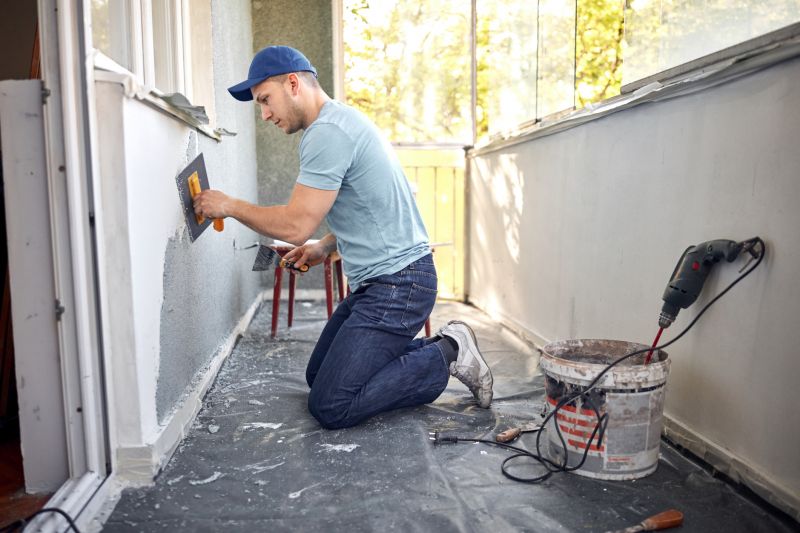
Finishes and colors that play nicely with Concrete Repairs.
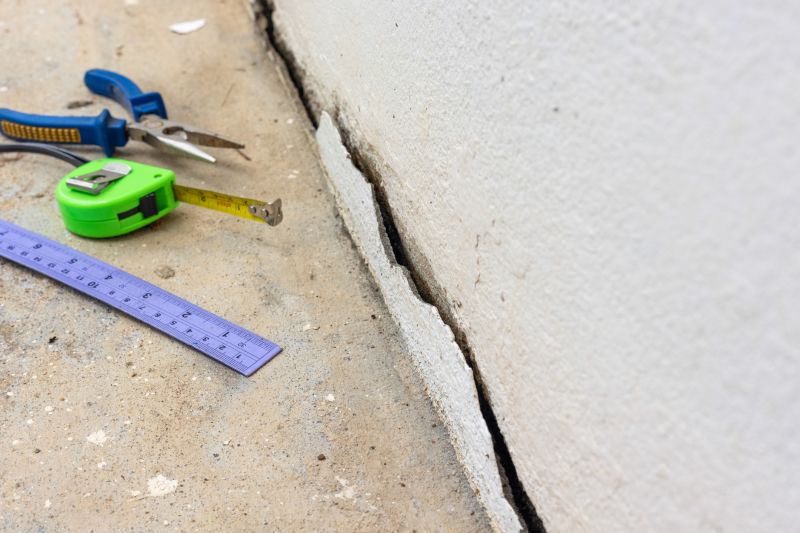
Little measurements that prevent headaches on Concrete Repairs day.
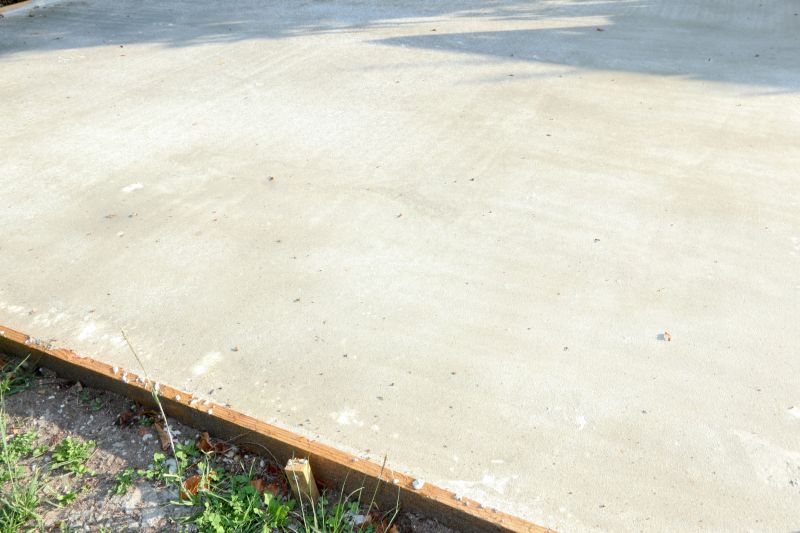
A 60-second routine that keeps Concrete Repairs looking new.
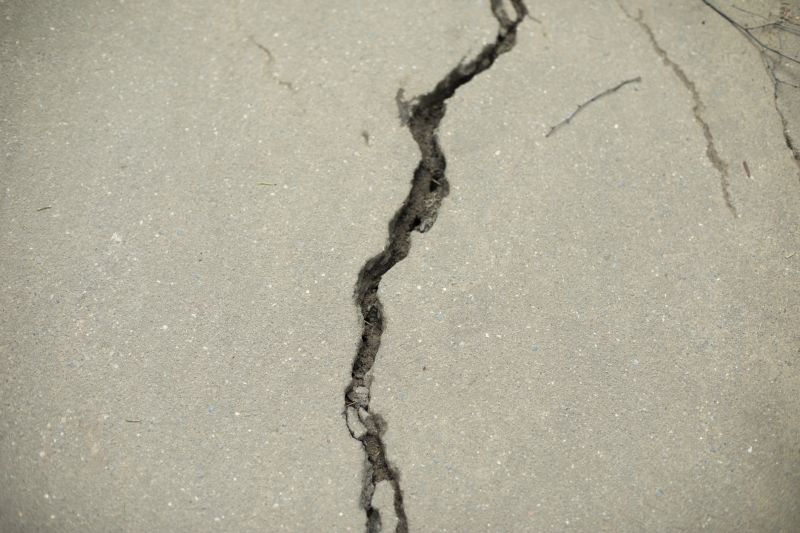
A frequent mistake in Concrete Repairs and how to dodge it.
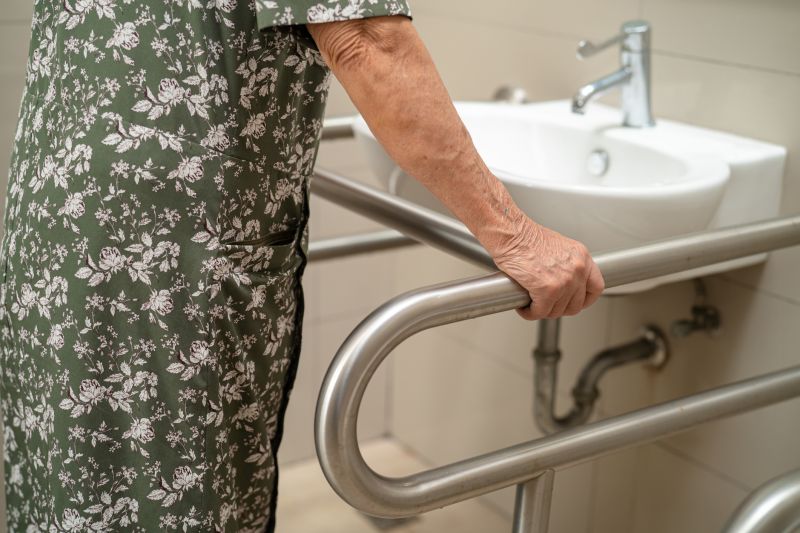
Small tweaks to make Concrete Repairs safer and easier to use.
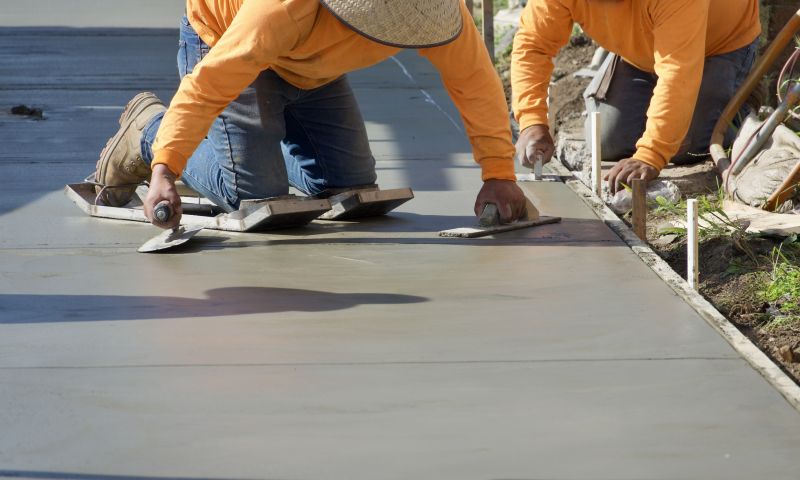
Lower-waste or water-saving choices for Concrete Repairs.
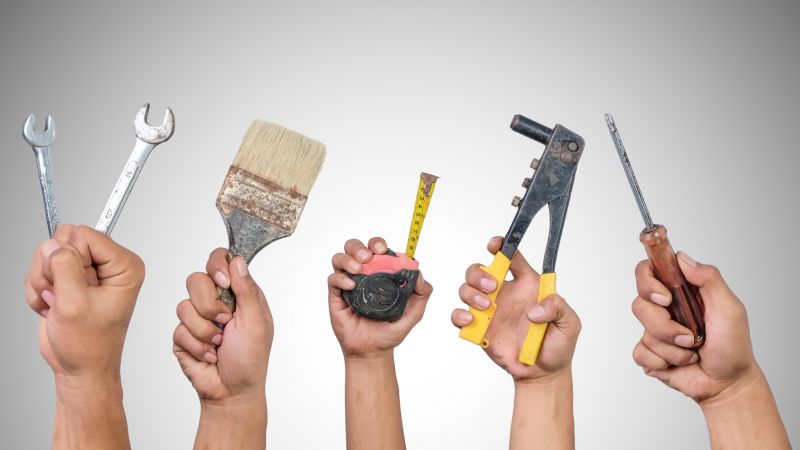
The short, realistic tool list for quality Concrete Repairs.
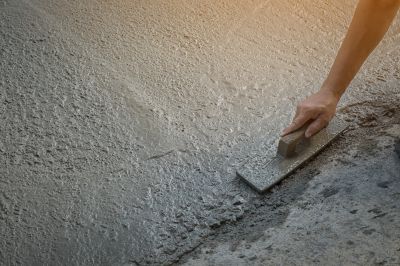
Rough timing from prep to clean-up for Concrete Repairs.
Timely concrete repairs help extend the lifespan of driveways, patios, and other structures. Proper planning around seasonal weather variations ensures that repairs are durable and effective. Regular maintenance and inspections can identify issues early, allowing for repairs during the most suitable times for optimal results.
Cracks, scaling, and uneven surfaces indicate the need for professional concrete repairs.
Prevent further damage, improve safety, and maintain property value.
Select experienced professionals familiar with local weather conditions and repair techniques.
Ensure proper site cleaning and weather monitoring before scheduling work.
